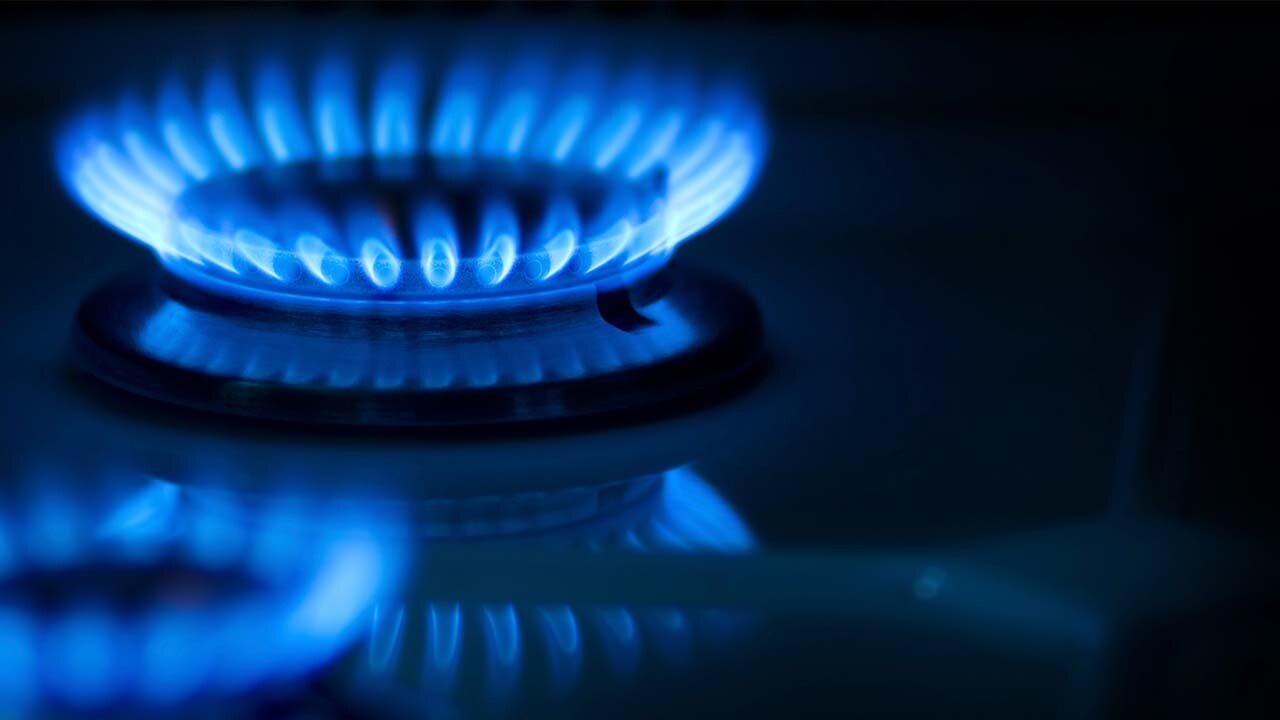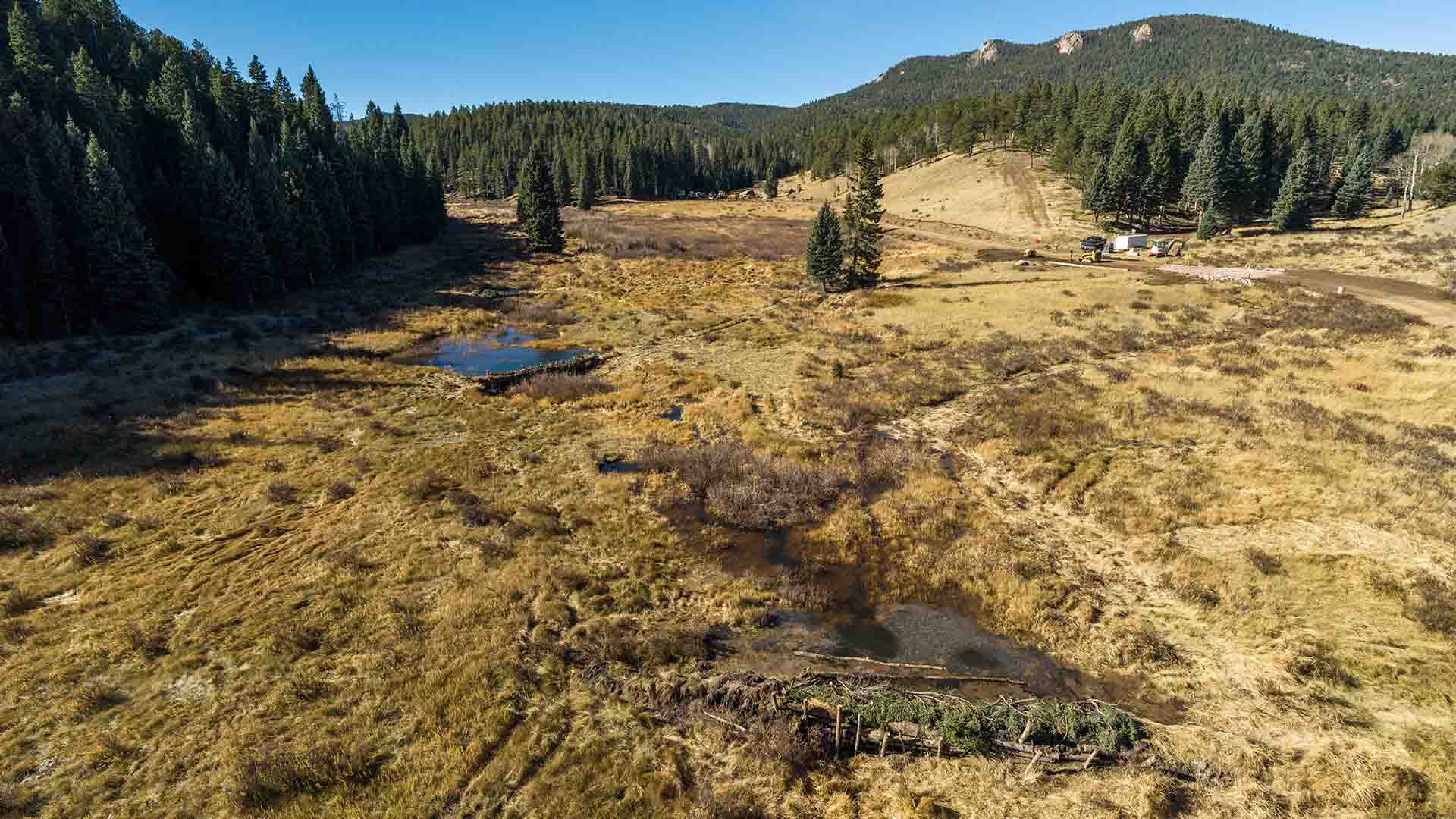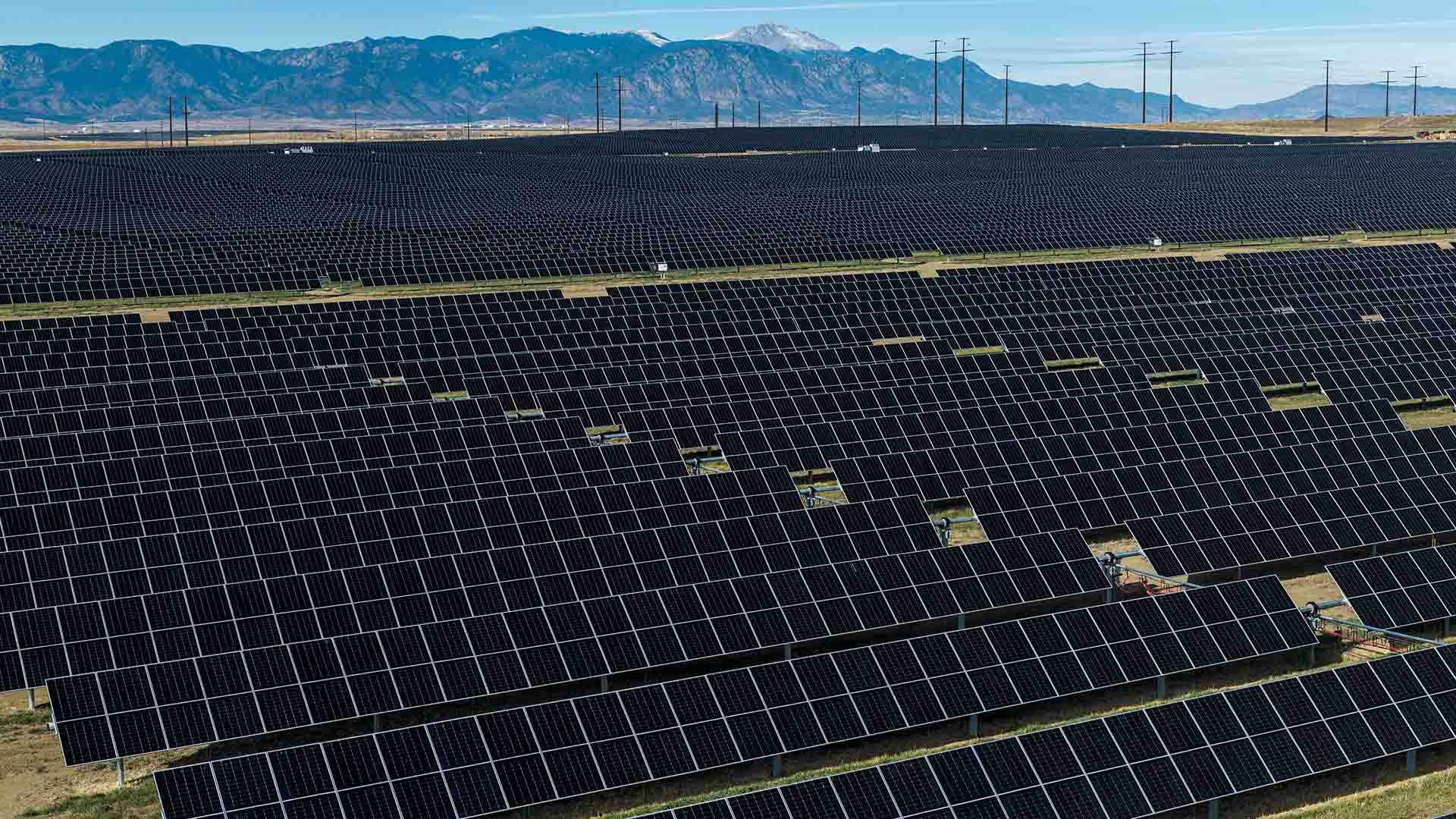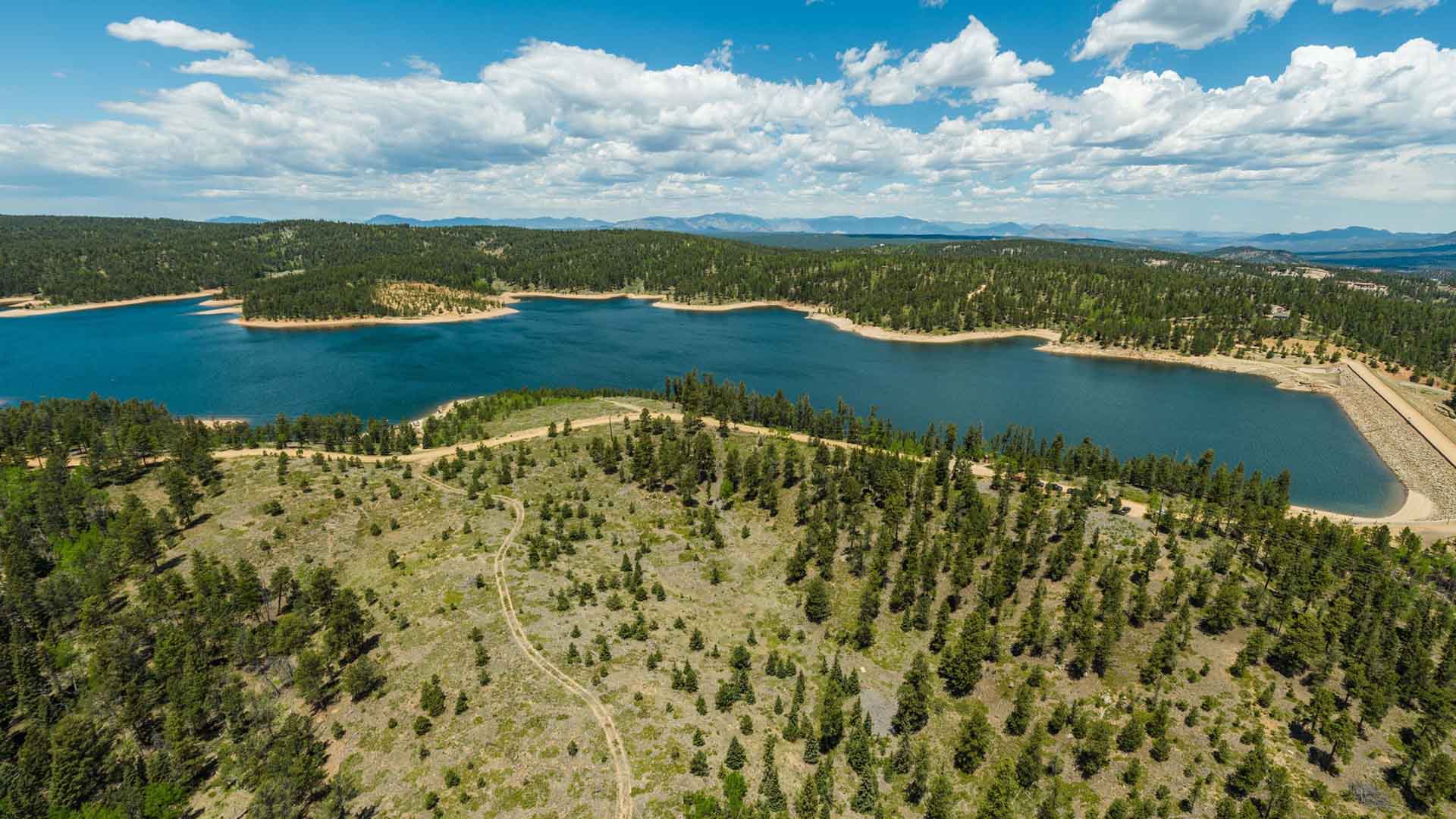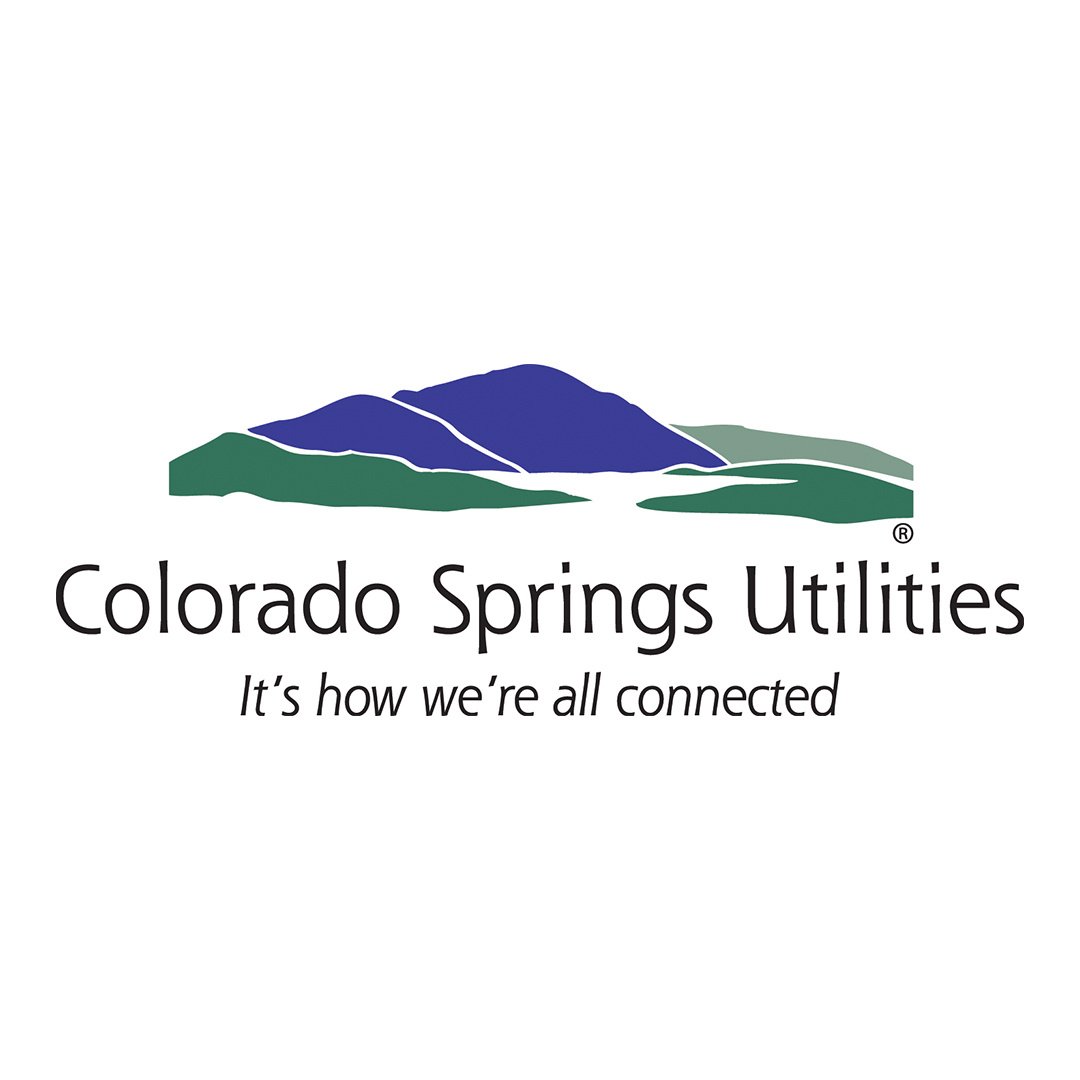
Steve B.
Duration: 1 minute
Published on July 17, 2023
With frequent technological advancements, increased accessibility of renewable energy resources and ever-expanding regulatory mandates, remaining status quo is never an option in the energy industry. Through proactive planning, we’re committed to staying ahead of the curve to best manage customer costs, maintain electric system reliability and limit our impact on the environment.
This commitment to innovation is why we’ve recently joined Atmos Energy Corporation, Black Hills Colorado Gas, and Xcel Energy to issue a request for information (RFI) to identify future sellers of renewable natural gas (RNG) – e.g., captured methane gas. The RFI is non-binding and does not commit us to any further action if the responses are not compatible with our goals.
Beyond more traditional renewable energy resources such as solar and wind, captured methane gas/RNG has considerable potential. For example, what if you could reliably capture billions of pounds of methane gas produced by cattle manure each year and turn that into a sustainable energy source? What about repurposing methane gas generated from food production, landfills and wastewater treatment facilities?
Capturing methane gas for energy isn’t a new concept, but the scale and methods for doing so are rapidly evolving as the utilities industry grapples with its transition away from fossil fuels to meet customers’ energy needs.
Each day, essential human-based activities produce large quantities of methane gas – from livestock operations and food processing facilities to waste management. When released into the atmosphere in large quantities, methane gas can negatively impact the Earth’s atmosphere. However, when captured, it can be repurposed into a renewable and plentiful fuel source for generating electricity.
The RFI is open until Sept. 1, 2023, to developers, marketers and other respondents who can deliver RNG within Colorado. To qualify, the RNG must be generated within the state of Colorado and meet Colorado’s recovered methane requirements for Clean Heat Plans.
For more information, customers and potential respondents should review the RFI.

